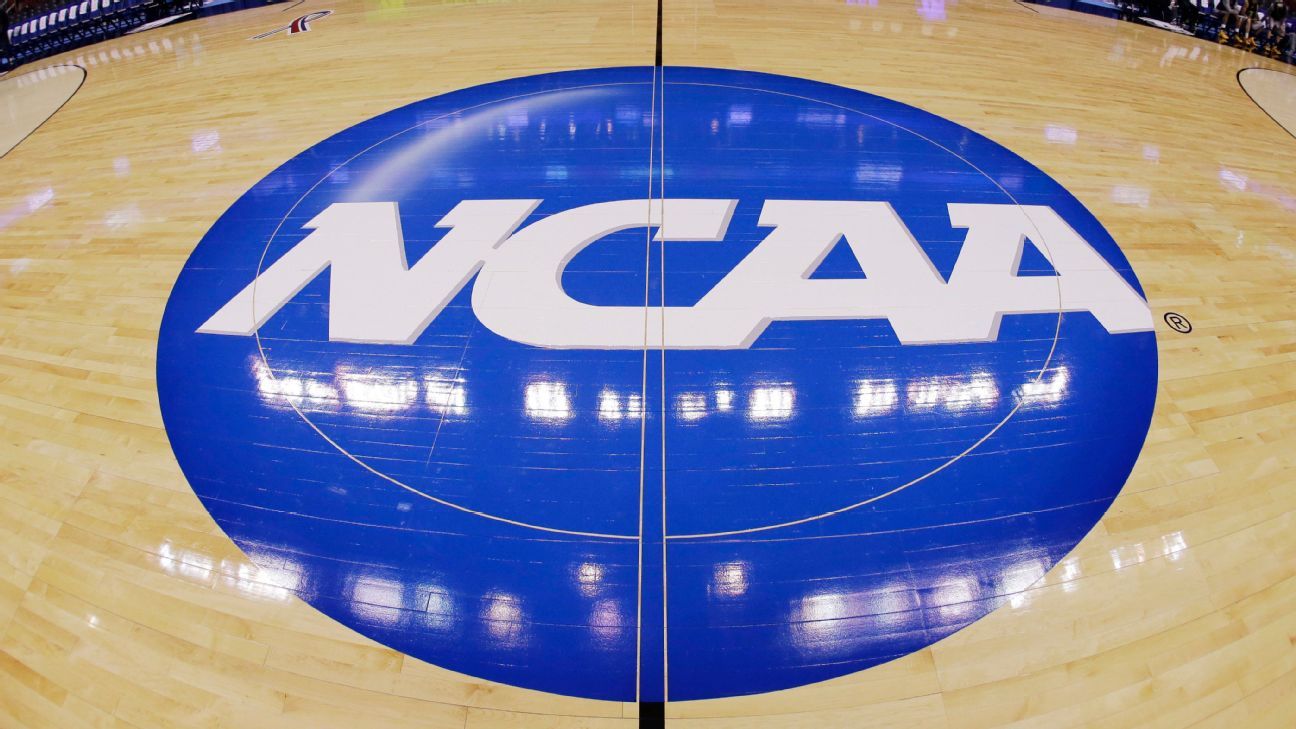After two days of eligibility uncertainty for transfers, a bipartisan state-based coalition and the NCAA filed on Friday a joint motion requesting an extension of Wednesday’s temporary restraining order against the NCAA’s transfer policy.
The motion would convert the temporary restraining order to a preliminary injunction, allowing student-athletes to play immediately without the possibility of the rule being overturned at a Dec. 27 hearing.
“We don’t want the college athletes to get caught in the middle of this court case,” Ohio Attorney General Dave Yost said. “The joint motion filed today signifies our shared commitment to ensuring that sports seasons operate smoothly during the legal proceedings.”
The NCAA said in a statement issued Friday that, “given the unprecedented decision by the courts earlier this week, the NCAA has reached an agreement with the States to convert the temporary restraining order into a preliminary injunction through the remainder of the 2023-24 NCAA championship season.”
The NCAA added that the proposal “is the best outcome for multiple-time transfer student-athletes wishing to compete immediately. This action provides clarity for student-athletes and member schools for the remainder of the academic year — any multiple-time transfer student-athlete who competes this season will be subject to the same eligibility and use of a season of competition rules as all other student-athletes.”
Friday’s motion comes one day after the NCAA announced that student-athletes who participate in games during the 14-day temporary restraining order will lose a season of eligibility if the ruling is reversed.
On Wednesday, U.S. District Judge Preston Bailey in West Virginia issued a temporary restraining order against the NCAA, allowing two-time transfers to play immediately. The NCAA allows undergraduates to transfer once without sitting out a year, but a second transfer as an undergraduate requires a waiver to play immediately. The NCAA has granted waivers to certain athletes on a case-by-case basis.
The ruling came in a lawsuit filed by West Virginia and six other states alleging that the NCAA’s waiver process violated federal antitrust law.
Following Bailey’s order, the NCAA released a statement: “As a result of today’s decision impacting Division I student-athletes, the Association will not enforce the year in residency requirement for multi-time transfers and will begin notifying member schools.”
Since the TRO was issued, the majority of men’s basketball players who had their waivers denied or were awaiting decisions continued to be held out of competition out of precaution. UNLV’s Keylan Boone suited up on Wednesday night, but LSU’s Jalen Cook, Little Rock’s Makhel Mitchell and several other players sat out.
On Thursday and Friday, however, multiple schools announced that their previously-ineligible transfers would be dressed and available for this weekend’s games. Among that group was West Virginia’s RaeQuan Battle, whose waiver denial was at the heart of the coalition’s case, and Noah Farrakhan, as well as VCU’s Joe Bamisile.
